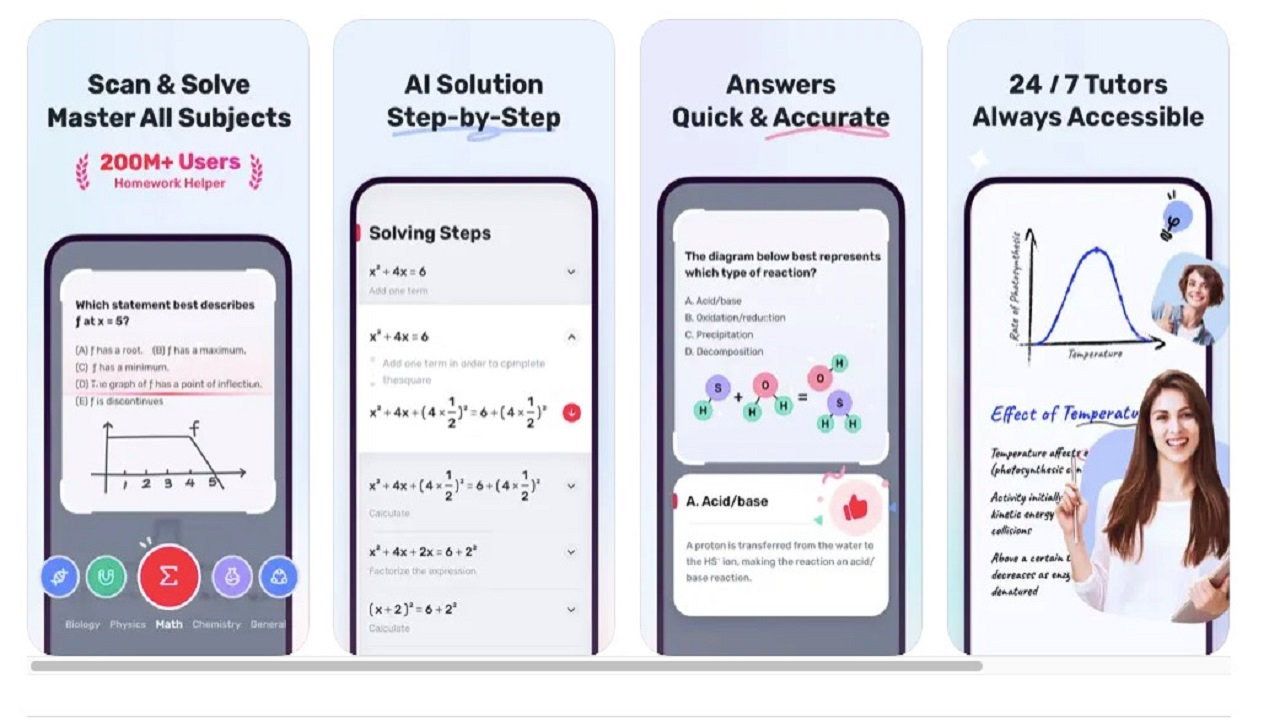The digital revolution has intrinsically reshaped schooling, and Artificial Intelligence (AI) is poised to be the next ground breaker. This article explores how AI-powered platforms are remodeling the way we study and teach, offering a customized, efficient, and engaging learning experience for kids of every age and challenges concerning integrating AI in schooling.
The AI has evolved so much that it can even answer queries based on varying linguistics searched online like rosa vivía en londres. correct incorrect. And AI-driven platforms like Gauth can give solutions to these questions efficiently with insights and logical reasoning.
Improving Language Learning
AI automates time-consuming tasks and assignments. AI-powered chatbots enable live interactions with teachers and group leaders. Language learning chatbots simplify foreign language acquisition through direct communication and customized responses. Tools like Duolingo make language learning enjoyable and accessible, providing practical exercises and real-world conversation lessons.
Smart Content Creation
AI helps create high-quality, adaptive, and engaging content. Tools like Brainly and Gradescope assist in creating interactive teaching materials, assessing knowledge levels, and providing personalized assignments. AI also aids teachers in making effective presentations and well-researched articles by gathering relevant information quickly.
Enhancing Visualization
AI tools, VR, and AR technologies create engaging lessons and improve understanding of complex data and concepts. Tools like Genius 3D Learning and Wolfram Alpha help students visualize and grasp abstract concepts. Data visualization tools like Tableau and collaborative platforms like Microsoft Mesh enhance communication and collaboration among students and teachers.
Chatbots as Interactive Learning Companions
Chatbots integrated into mobile apps provide learners with a conversational interface for various tasks. Imagine a chatbot that answers common questions about a subject, clarifies doubts, or even acts as a virtual study buddy! These chatbots enhance the user experience by offering readily available support and fostering active engagement with the learning material.
Challenges in Embracing AI in Education
Effective Public Policy
To support AI in education, public policies should provide financial aid to educational foundations and encourage partnerships with local and international organizations. Governments should invest in academic centers for AI research, scholarships, and expert preparation.
Technological Infrastructure
Developing countries often lack basic technological infrastructure, hindering AI adoption in education. Initiatives to improve ICT hardware availability, consistent internet access, and ICT skills are essential for integrating AI into educational institutions.
Empowering Teachers with AI Training
Educators need AI digital skills to enhance their teaching methodologies. Comprehensive training and management skills are necessary for teachers to effectively employ AI resources and improve student engagement.
Ethical Data Collection
Institutes must maintain ethical standards and transparency in data collection. A robust data system ensures the protection of individual data and upholds privacy and ownership rights.
AI in Mobile Apps for Education
Personalized Learning Plans
AI-powered mobile apps analyze students' learning patterns, strengths, and weaknesses to create personalized observation plans. These apps help students study at their own pace and attention to areas needing improvement.
Speech Recognition Technology
AI-integrated apps improve pronunciation and grammar by converting natural human language into readable text. These apps provide feedback to help students enhance their speaking skills.
Data Analytics and Natural Language Processing
AI algorithms in mobile apps analyze student data to identify trends and patterns. Natural Language Processing (NLP) facilitates natural language correspondence, improving user experience and aiding in tasks like speech-to-text and translation.
Machine Learning and Biometrics
Machine learning customizes content and provides recommendations based on user behavior. Biometric apps track student attendance and verify identity, maintaining exam security and improving the overall learning experience.

Conclusion
AI holds a great perspective to transform education via personalizing learning experiences, automating tasks, and supplying real time feedback. While demanding situations exist, including ethical issues and technological infrastructure, strategic investments and policies can assist combine AI effectively into educational systems. Moreover, AI-powered mobile apps offer personalized, efficient, and engaging knowledge of experiences, making education more accessible and impactful for students worldwide.


